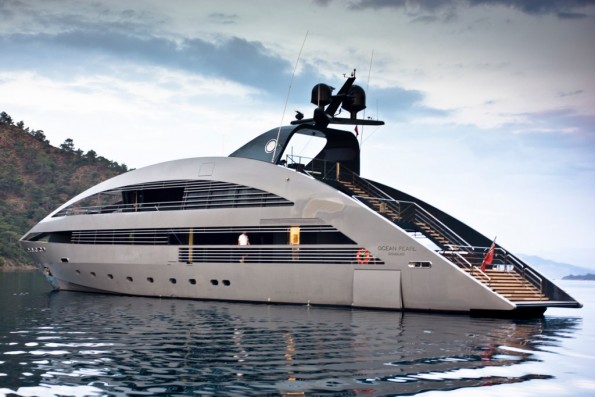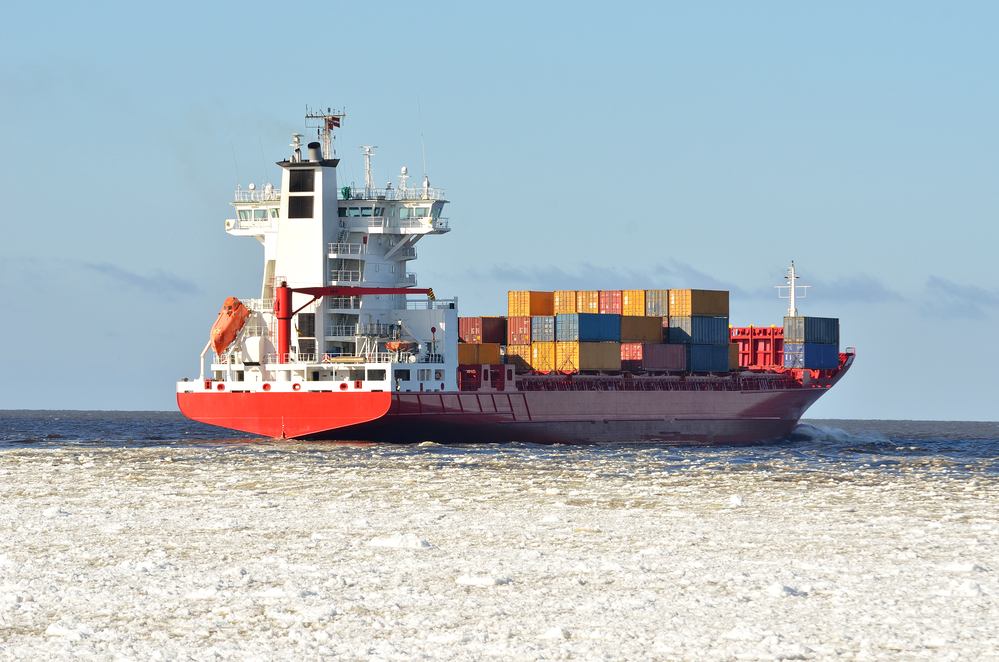How Maritime Law Applies to Injuries at Sea
Florida and California’s stunning coastlines are more than just vacation spots—they are gateways to bustling maritime industries. From fishing and shipping to recreational boating, these waters present both opportunities and risks. If you’ve sustained an injury at sea, understanding maritime law is crucial. For expert guidance, visit https://naylorlaw.com/.

Maritime law governs injuries occurring at sea, offering protections for seafarers, dockworkers, and passengers. Whether navigating an accident on a fishing vessel or aboard a cruise ship, a maritime lawyer upholds your legal rights, helping you pursue fair compensation for injuries, lost wages, and medical costs.
This blog explores facets of law and provides perspectives on its relevance to injuries at sea.
What Does Maritime Law Entail?
Admiralty law, commonly known as maritime law, involves rules and agreements that oversee matters related to the sea and sailing activities, such as shipping operations and navigation procedures while safeguarding the rights of seafarers and maintaining safety standards. This legal system has been in place for centuries to promote fairness and ensure the well-being of individuals engaged in endeavors.
Jurisdiction and Scope
Maritime regulations are governed by agreements and local laws, with jurisdiction depending on factors such as the ship’s flag, where the incident occurs, and the nationalities of those involved in it. It is crucial to know this to determine the applicable laws and which courts will resolve conflicts. Ships sailing through international waters may face diverse legal systems, making jurisdiction an intricate issue.
Categories of Injuries Addressed
Accidents at sea can range significantly in severity, from mishaps to emergencies that pose a threat to the life and health of individuals on board vessels or maritime structures. Maritime regulations usually address incidents like slips and falls on ships or docks due to hazardous conditions or negligence in safety measures onboard vessels. Moreover, injuries caused by poor maintenance of the vessel or lack of safety procedures also come under the jurisdiction of maritime laws. These laws aim to ensure safeguards and compensation for those who sustain injuries while working or traveling on the sea.
Rights of Maritime Workers
Maritime workers are entitled to protections under the law to guarantee their safety and welfare at sea. They have rights such as a safe work environment, fair pay, and timely medical care when necessary. Should they get injured , they can pursue compensation through channels. The Jones Act and the Longshore and Harbor Workers’ Compensation Act are laws in the U.S. that safeguard the rights of maritime employees by providing solutions for injuries sustained while working there.
Traveler Safeguards
Passengers on ships are also protected by laws to ensure their safety and well-being on board vessels. The law requires ship operators to uphold safety measures to prevent accidents and injuries. Passengers who are harmed as a result of negligence have the right to pursue compensation. Cruise ships must follow safety guidelines to protect their passengers. Being aware of these rights gives passengers the ability to take action in the event of an injury.
Issues Regarding Claims and Reimbursement
Making a claim for injuries sustained at sea can be quite challenging due to the procedures involved in the process. Claimants are required to show that their injuries were a result of negligence or wrongful actions by others. Compensation sought may include bills, income lost during recovery, and damages for emotional distress experienced. In most situations, having a lawyer is essential, as they are well-versed in the complex laws governing maritime incidents. Seeking assistance from experts guarantees that claimants are fairly compensated for the harm they have suffered.
Challenges in Maritime Injury Cases
Navigating maritime injury claims poses challenges as it involves navigating through complexities and adhering to international laws while grappling with limited evidence availability, which can add layers of complexity to legal proceedings in this domain. Furthermore, shipowners are known to wield resources that can be used to challenge claims, emphasizing the importance of preparation and a comprehensive grasp of maritime legal principles. Claimants are advised to gather evidence detailing their injuries and the events surrounding them to bolster their positions effectively.
The Significance of Safety Regulations
Safety is the priority to minimize accidents and injuries by following stringent protocols diligently. It is crucial to conduct routine inspections and maintenance checks while providing continuous training for the crew to promote a secure environment on board vessels. Operators of ships need to give utmost attention to safety measures and adhere to maritime rules and regulations. These steps are essential for safeguarding the well-being of both seafarers and passengers, fostering a sense of security on the high seas.
In Summary
Maritime law is crucial for safeguarding individuals at sea by dealing with injuries and accidents to ensure they get fair treatment and compensation if things go wrong on the waterways. Sailors and passengers gain knowledge about the law that helps them handle legal matters wisely as they sail through the seas of change in the maritime world.

